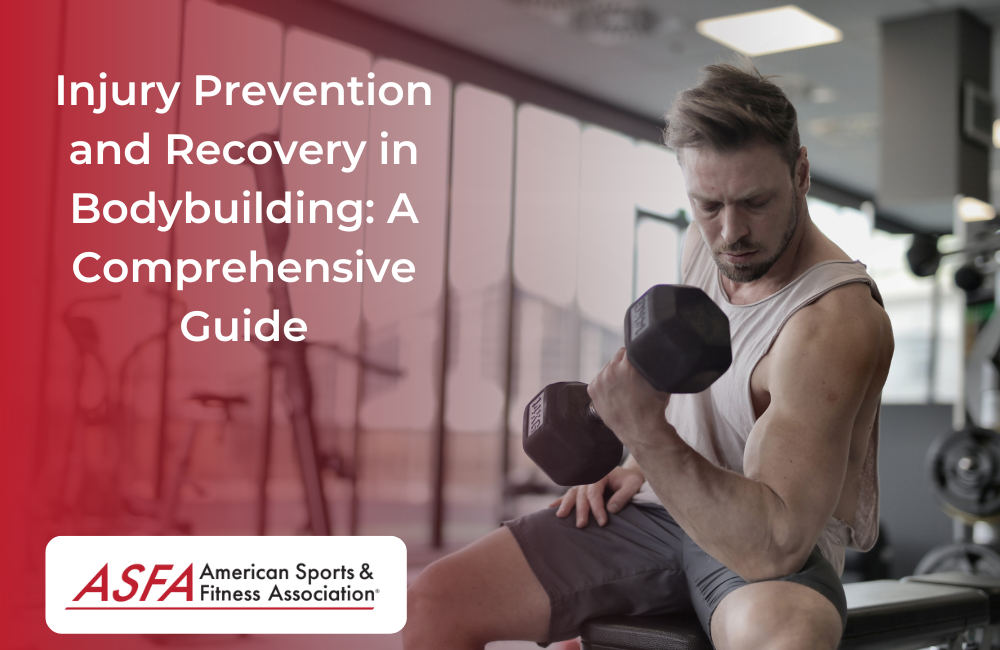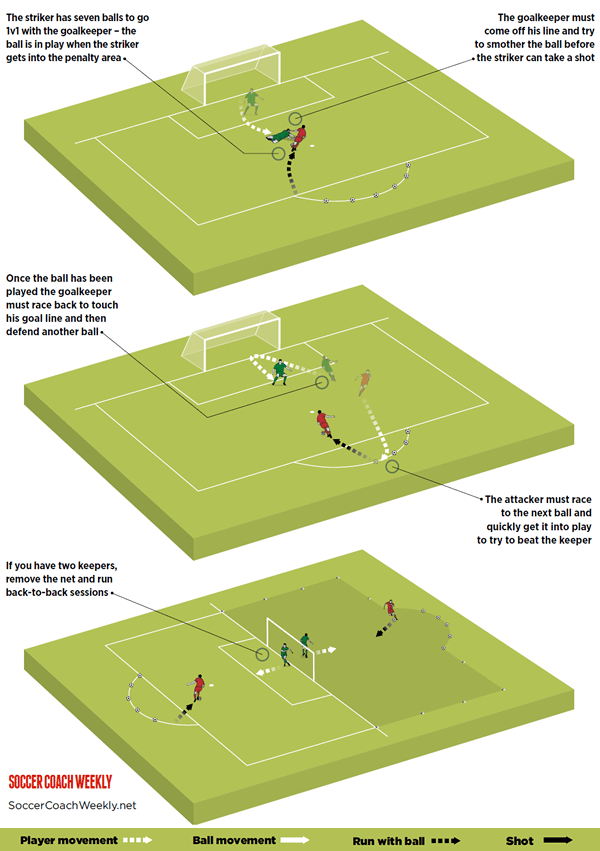
The Gymnast’s Diet: Fueling Power, Flexibility, and Peak Performance
Gymnastics is a demanding sport requiring exceptional strength, flexibility, power, and precision. Achieving and maintaining peak performance necessitates a meticulously planned diet and nutrition strategy. Unlike many other sports, gymnastics places unique demands on the body, requiring a delicate balance of energy intake and expenditure, while simultaneously supporting bone health, muscle growth, and injury prevention. This article will delve into the crucial aspects of a gymnast’s diet, covering macronutrient requirements, hydration, supplementation, and common dietary pitfalls to avoid.
Macronutrient Balance: The Foundation of Gymnastic Nutrition
The foundation of a gymnast’s diet lies in a balanced intake of macronutrients: carbohydrates, proteins, and fats. The ideal ratio for gymnasts often differs depending on age, training intensity, and body composition goals, but a general guideline is crucial.
-
Carbohydrates: Carbohydrates are the primary source of energy for gymnasts. During intense training sessions, glycogen stores in muscles deplete rapidly. Replenishing these stores is critical for optimal performance and recovery. The focus should be on complex carbohydrates, such as whole grains (brown rice, quinoa, oats), fruits, and vegetables. These provide sustained energy release, preventing energy crashes and promoting sustained performance. Simple carbohydrates, like sugary drinks and processed snacks, should be minimized due to their rapid digestion and potential for blood sugar spikes and crashes.
-
Proteins: Protein is essential for muscle growth, repair, and maintenance. Gymnasts require adequate protein to support the intense muscular demands of their training. Lean protein sources like chicken breast, fish, turkey, beans, lentils, and tofu are excellent choices. Aim for a protein intake that supports muscle protein synthesis, typically ranging from 1.2 to 1.7 grams of protein per kilogram of body weight, depending on training volume and intensity.
-
Fats: Contrary to popular misconceptions, fats are crucial for hormone production, nutrient absorption, and overall health. Healthy fats, such as those found in avocados, nuts, seeds, olive oil, and fatty fish, should be included in the diet. These fats provide essential fatty acids, which play a vital role in reducing inflammation and supporting joint health – crucial aspects for injury prevention in gymnastics. However, it’s important to choose healthy fats over saturated and trans fats, which are found in processed foods and contribute to increased body fat.
Hydration: The Unsung Hero
Hydration is paramount for gymnasts. Dehydration can significantly impair performance, leading to fatigue, muscle cramps, and reduced cognitive function. Gymnasts lose significant fluids through sweat during training, and maintaining adequate hydration is crucial for optimal performance and recovery. Drinking water consistently throughout the day, especially before, during, and after training, is essential. Electrolyte drinks can be beneficial during prolonged or intense training sessions to replenish electrolytes lost through sweat.
Micronutrients: Supporting Optimal Function
Micronutrients, including vitamins and minerals, play a vital role in supporting overall health and athletic performance. Gymnasts require a variety of micronutrients to support bone health, immune function, and energy production. A balanced diet rich in fruits, vegetables, and whole grains will generally provide sufficient micronutrients. However, specific deficiencies may require targeted supplementation under the guidance of a registered dietitian or sports nutritionist.
-
Calcium and Vitamin D: Crucial for bone health, preventing stress fractures, a common injury in gymnastics. Dairy products, leafy greens, and fortified foods are excellent sources. Sunlight exposure also contributes to Vitamin D production.
-
Iron: Important for oxygen transport to muscles. Iron deficiency can lead to fatigue and reduced performance. Lean red meat, spinach, and lentils are good sources of iron.
-
Zinc: Plays a role in immune function and wound healing. Oysters, nuts, and seeds are good sources of zinc.
Supplementation: A Cautious Approach
While a balanced diet should provide most necessary nutrients, supplementation may be considered under the guidance of a healthcare professional or registered dietitian. Supplements should not be used as a replacement for a healthy diet but rather as a complementary tool to address specific deficiencies or support training needs. Examples include:
-
Creatine: May enhance muscle strength and power.
-
Protein powder: Can help meet daily protein requirements, particularly for athletes with high training volumes.
-
Electrolyte supplements: Helpful during prolonged or intense training to replace lost electrolytes.
It is crucial to emphasize that supplementation should always be approached cautiously and under professional guidance. Improper supplementation can lead to adverse effects and potential health risks.
Dietary Pitfalls to Avoid
Several dietary habits can negatively impact a gymnast’s performance and health. These include:
-
Restrictive Dieting: Extreme calorie restriction can compromise energy levels, muscle mass, and bone health, increasing the risk of injury and hindering performance.
-
Skipping Meals: Skipping meals can lead to energy crashes, impairing performance and increasing the risk of overeating later in the day.
-
Excessive Consumption of Processed Foods: Processed foods are often high in unhealthy fats, sugars, and sodium, contributing to weight gain and health problems.
-
Ignoring Hydration Needs: Dehydration can severely impair performance and increase the risk of injury.
-
Neglecting Micronutrient Intake: Micronutrient deficiencies can negatively impact various physiological functions, affecting performance and health.
Individualized Nutrition Plans:
It’s crucial to remember that every gymnast’s nutritional needs are unique. Factors such as age, training intensity, body composition goals, and individual preferences must be considered when developing a personalized nutrition plan. Consulting with a registered dietitian or sports nutritionist specializing in gymnastics is highly recommended. They can conduct a thorough assessment, identify potential nutritional deficiencies, and create a tailored plan to optimize performance and support overall health.
Conclusion:
The gymnast’s diet is a critical component of achieving and maintaining peak performance. A balanced intake of macronutrients, adequate hydration, and attention to micronutrient needs are crucial for supporting energy levels, muscle growth, bone health, and injury prevention. Avoiding restrictive dieting, skipping meals, and excessive consumption of processed foods is vital. Collaboration with a registered dietitian or sports nutritionist is highly recommended to develop a personalized nutrition plan tailored to the unique needs and goals of each gymnast. By prioritizing proper nutrition, gymnasts can optimize their performance, enhance their health, and minimize their risk of injury, paving the way for success in this demanding and rewarding sport.



